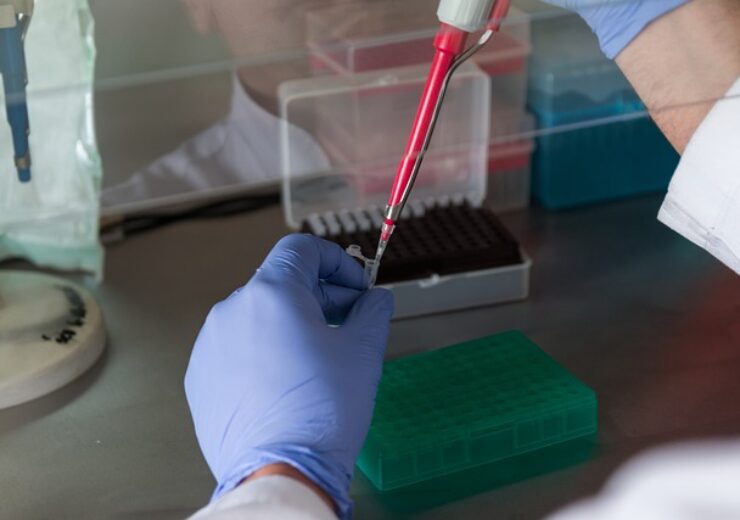The new Bio-CDMO facility, which is expected to commence operations in financial year 2026, will be capable of manufacturing biopharmaceuticals at normal times, and mRNA and genetically-engineered protein vaccines during the pandemic

Fujifilm’s new Bio-CDMO site will have dual-use facilities. (Credit: Michal Jarmoluk from Pixabay)
Japan’s Fujifilm Corporation has unveiled its plans to build its first Bio-CDMO facility in the country, in Toyama City, to expand business in the Asian market.
The company’s subsidiary Fujifilm Toyama Chemical will invest in, and operate the new facility in partnership with other Fujifilm Life Sciences entities.
It will feature dual-use facilities, capable of manufacturing biopharmaceuticals at normal times, and mRNA and genetically-engineered protein vaccines during the pandemic.
The new Bio-CDMO facility is planned to commence operations in financial year 2026.
It will be capable of developing manufacturing process of biopharmaceuticals, along with investigational drug manufacturing and commercial production of biopharmaceuticals.
FUJIFILM Corporation president and chief executive officer, representative director Teiichi Goto said: “With this strategic investment, Fujifilm will strongly support customers in the biopharmaceutical industry and accelerate business growth of the life sciences field.
“We hope the new site will play an important role in the Japanese Government’s initiative to strengthen vaccine production, thereby contributing to the health and well-being in Japan and other Asian countries.”
The government in Japan is currently supporting new manufacturing sites with dual-use facilities, to produce pharmaceuticals in normal times and vaccines during a pandemic.
Japan’s Ministry of Economy, Trade and Industry will support the new facility, under its ‘Developing biopharmaceutical manufacturing sites to strengthen vaccine production’ project.
The company said that its new Bio-CDMO site will provide end-to-end services from drug substance production, through to fill-finish and final packing.
It will feature advanced capabilities, including cell culture and purification technologies and genetic engineering technology of Fujifilm Diosynth Biotechnologies.
Furthermore, it will offer complete Bio-CDMO services, in partnership with Fujifilm Toyama Chemical, Fujifilm Diosynth Biotechnologies and Fujifilm Wako Pure Chemical, said Fujifilm.
Earlier this year, Fujifilm has announced its plans to inject $1.6bn into its subsidiary Fujifilm Diosynth Biotechnologies (FDB), to expand its cell culture manufacturing services.
